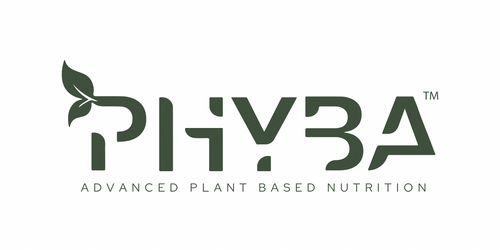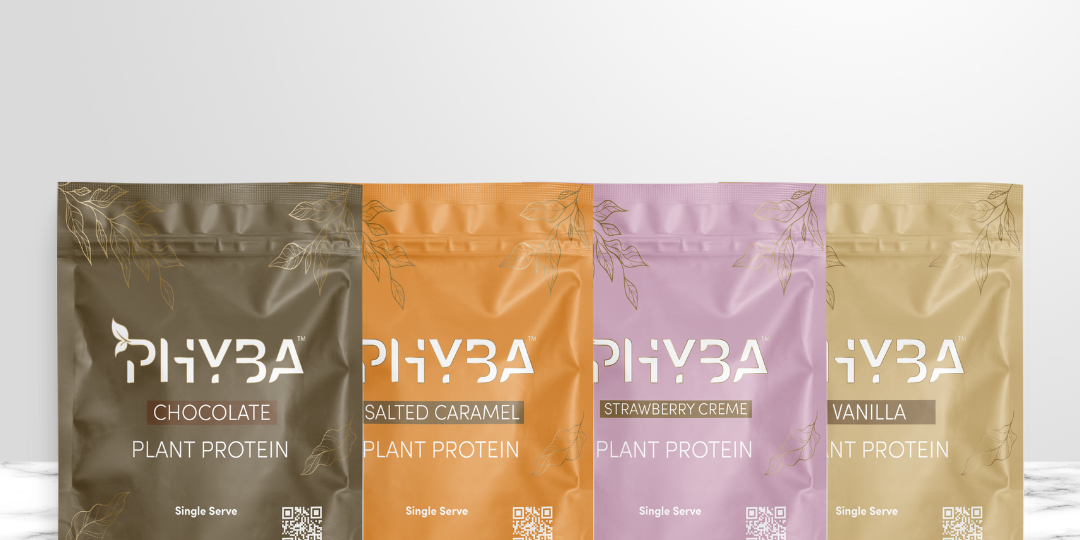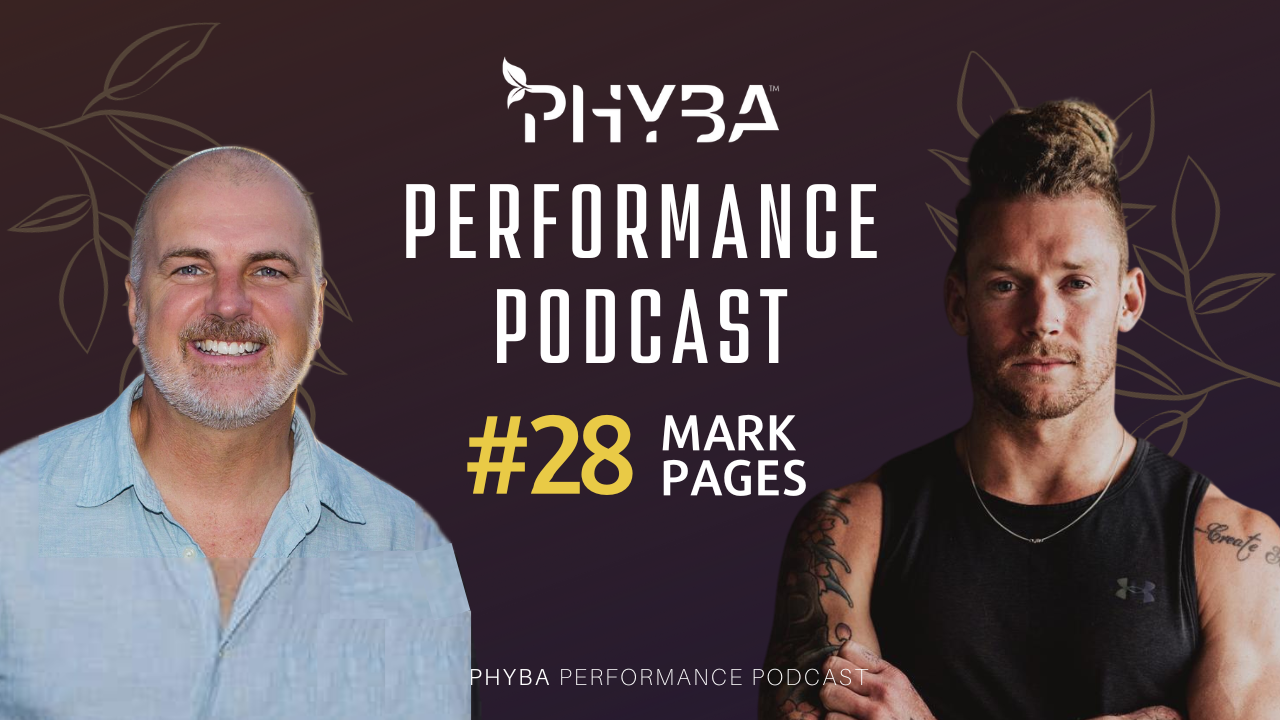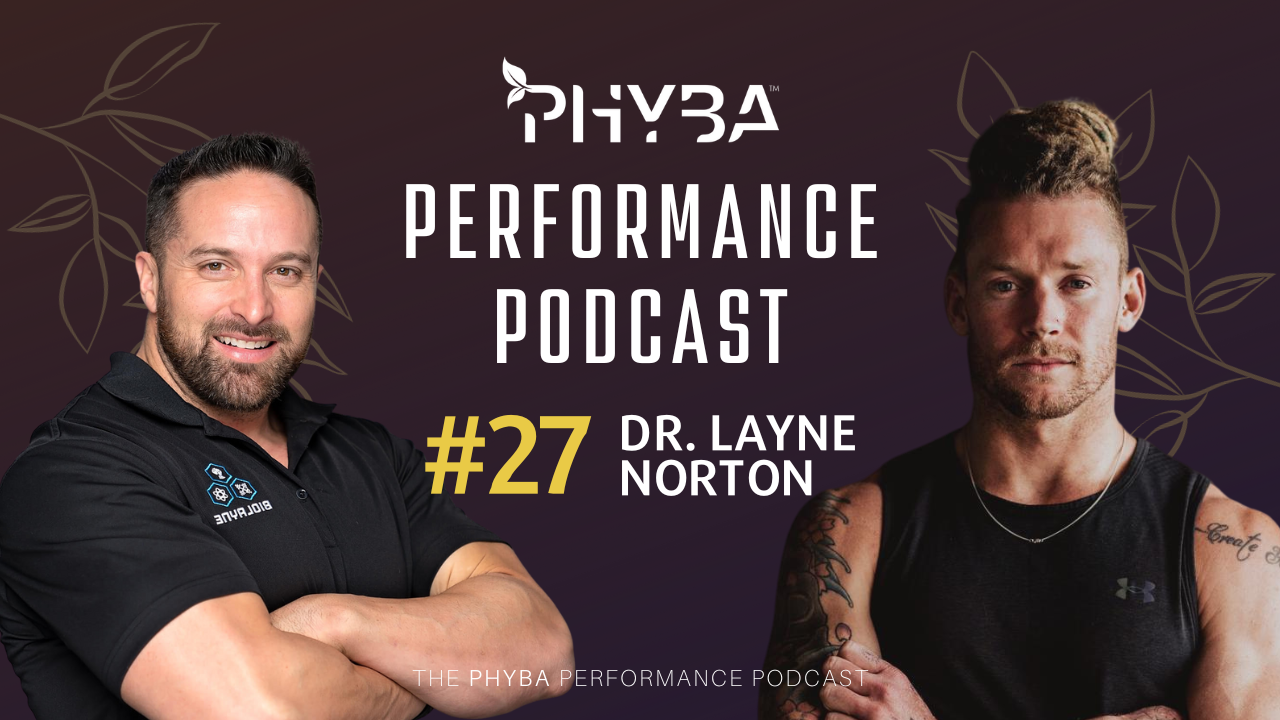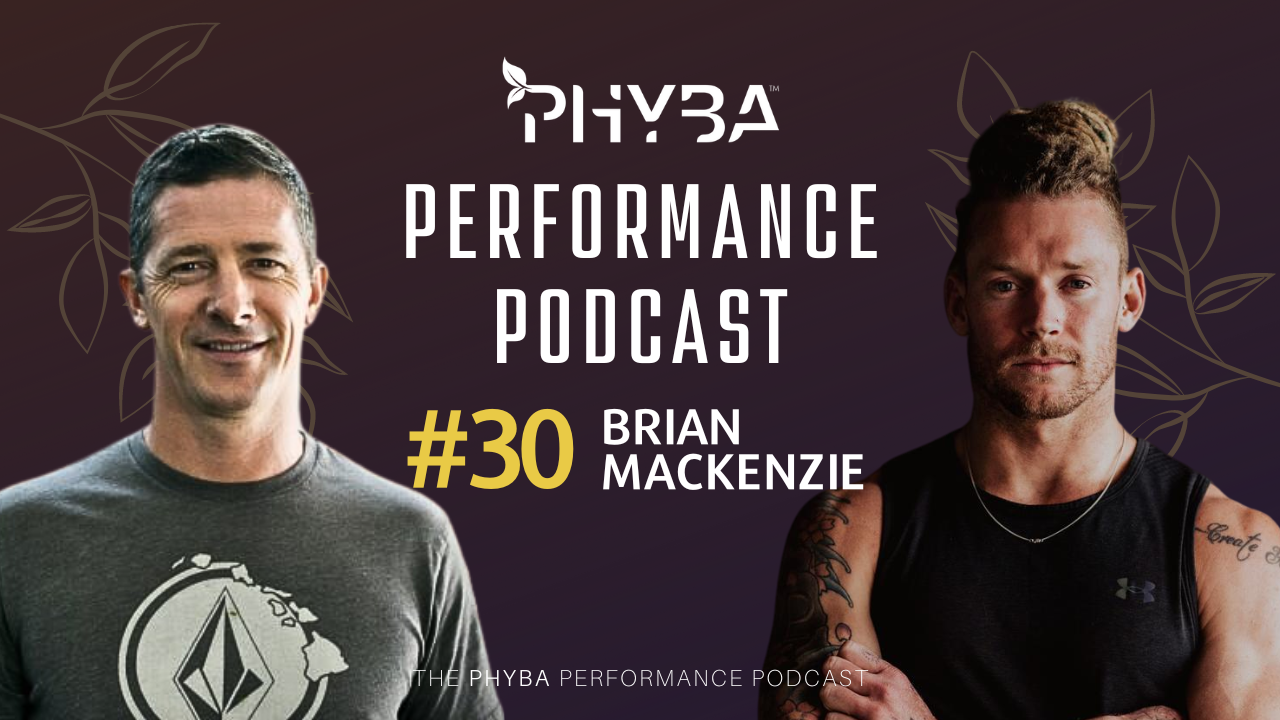Episode Summary:
In this episode, James Newbury dives into the world of plant-based Omega-3 EPA + DHA with Mark Pages, the Founder of Phytality. The conversation navigates through the traditional methods of fish oil production, shedding light on established industry practices. Mark elaborates on the crucial role of phytoplankton in the production of DHA and EPA within traditional fish stocks, prompting a discussion on the environmental impact associated with conventional aquaculture.
The spotlight then shifts to Phytality's plant-based alternative to fish oil, as Mark articulates the company's mission to provide a cleaner and more sustainable solution for DHA + EPA supplementation. Listeners gain a deeper understanding of Phytality's approach through insights into extraction methods, backed by scientific research, and the meticulous product formulation driving the brand.
The episode offers a pragmatic exploration of the challenges inherent in traditional practices, emphasizing the environmental considerations. It serves as an informative guide for listeners seeking a clearer perspective on sustainable alternatives in the health and wellness industry.
Website: https://phytality.com.au/
Instagram: https://www.instagram.com/phytalitynutrition/
Episode Timestamp:
0:00 to 0:45: Podcast Intro
0:45 to 3:45: Mark’s Journey with Omega Fatty Acids, Plant-Based Omegas
3:45 to 5:45: Phytoplankton 101, Plant-Based Omega Fatty Acids
5:45 to 8:30: Fish Oil from Krill, Lipid Structure of Krill
8:30 to 10:45: Phytoplankton Basics, Photosynthesis
10:45 to 16:00 : Diversity of Phytoplankton, Phytality Philosophy, EPA / DHA, Spirulina + Chlorella
16:00 to 20:45: Replication of Phytoplankton, Phytality Processing Methods
20:45 to 26:30: Fish Obtaining EPA / DHA from Phytoplankton, Aquaculture
26:30 to 33:30: Environmental Sustainability of Plankton,
Guest Bio:
James Newbury: James Newbury is world-class athlete and entrepreneur. James’ extensive experience as a 4X Crossfit Games Athlete, former semi professional rugby player for the Queensland and Sydney Rugby Leagues, and life-long fitness enthusiast have brought him here to lead a plant-based revolution in the field of health and performance… as the founder of Phyba!
Mark Pages: Mark is passionate about sustainable plant based nutrition! Whilst living in Europe back in 2007, Mark began heavily researching Omega 3 EPA & DHA and plant-based alternatives to fish and krill oil. This research inspired Mark to become a vegetarian and motivated him to find innovative solutions for providing consumers with a natural vegan wholefood alternative to fish and krill, for obtaining Omega 3 EPA or DHA oils. Mark has since invested and worked at a senior level the past ten years with some of Europe’s leading phytoplankton biotech innovators to bring such a product solution to consumers..
Key Definitions:
Fatty Acids:Fatty acids are the building blocks of the fat in our bodies and in the food we eat. During digestion, the body breaks down fats into fatty acids, which can then be absorbed into the blood.
Omega 3 Fatty Acids:
Omega 3 Fatty Acids are specific forms of healthy fats, such as alpha-linolenic acid (ALA), eicosapentaenoic acid (EPA), and docosahexaenoic acid (DHA). They are beneficial to cell signaling, cognitive function, immunity, and more.
Phytoplankton:
Microscopic plant-like organisms called phytoplankton are the base of the marine food web, and they play a key role in removing carbon dioxide from the air.
Photosynthesis:
Photosynthesis is the process in which light energy is converted to chemical energy in the form of sugars. In a process driven by light energy, glucose molecules (or other sugars) are constructed from water and carbon dioxide, and oxygen is released as a byproduct.
EPA:
Eicosapentaenoic acid (EPA) is one of several omega-3 fatty acids. It is found in cold-water fatty fish, such as salmon.
DHA:
Docosahexaenoic acid (DHA) is an omega-3 fatty acid found in cold-water, fatty fish, such as salmon.
Aquaculture:
Aquaculture (less commonly spelled aquiculture), also known as aquafarming, is the controlled cultivation ("farming") of aquatic organisms such as fish, crustaceans, mollusks, algae and other organisms of value such as aquatic plants (e.g. lotus).
At Phyba, we're on a mission to help people achieve peak performance and optimal results through the power of plants. We're dedicated to providing pure, high-quality supplements made from real-food, plant-based ingredients, without harmful additives or artificial fillers. We believe that by harnessing the power of plants, we can unlock human potential and help individuals achieve their goals naturally. Our goal is to inspire and educate individuals on the benefits of a holistic lifestyle that prioritises self-care, nourishment, and sustainability.
